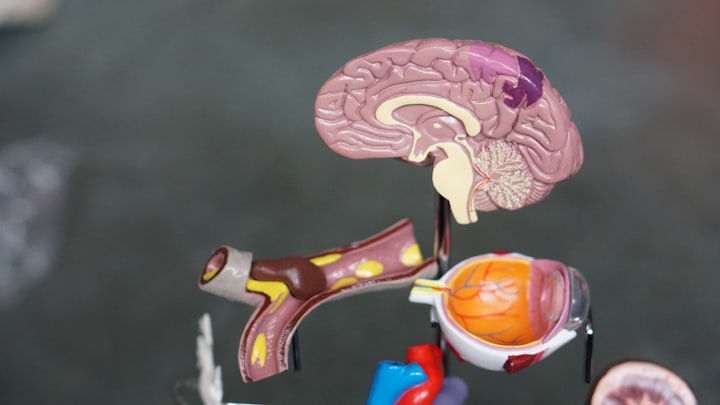HUMAN ORGANS AND FUNCTIONS
HUMAN ORGANS AND FUNCTIONS

The human body is a complex and sophisticated machine that is composed of different organs and systems, all working together to ensure proper bodily functions. Each organ has a specific function that is vital for the overall well-being of the body. In this article, we will explore the different human organs and their functions in detail.
Brain:
The brain is the control center of the body, responsible for processing sensory information and sending signals to different parts of the body. It controls everything from movement to thought processes and emotions. The brain is made up of different regions, each responsible for a specific function. For example, the frontal lobe is responsible for decision-making and problem-solving, while the cerebellum controls balance and coordination.
Heart:
The heart is the organ responsible for pumping blood throughout the body. It is a muscular organ that contracts and relaxes to push blood through the circulatory system. The heart is divided into four chambers, with the right side pumping blood to the lungs for oxygenation and the left side pumping oxygen-rich blood to the rest of the body.
Lungs:
The lungs are responsible for the exchange of oxygen and carbon dioxide between the body and the environment. Oxygen is taken in through the lungs, where it is then transported to the rest of the body. Carbon dioxide is removed from the body through the lungs during exhalation.
Liver:
The liver is responsible for a variety of functions, including detoxification of the blood, production of bile for digestion, and storage of nutrients. It is the largest internal organ in the body and plays a crucial role in maintaining overall health.
Kidneys:
The kidneys are responsible for filtering waste and excess fluid from the blood. They also help regulate blood pressure and produce hormones that stimulate the production of red blood cells. The kidneys are made up of millions of tiny filters called nephrons, which remove waste and excess fluid from the blood.
Pancreas:
The pancreas is responsible for producing enzymes that help digest food in the small intestine. It also produces hormones that regulate blood sugar levels, including insulin and glucagon.
Skin:
The skin is the largest organ in the body and serves as a barrier between the internal organs and the external environment. It helps regulate body temperature, protects against infection, and allows for the sensation of touch.
Muscles:
Muscles are responsible for movement and support of the body. They are composed of fibers that contract and relax to create movement. There are three types of muscles in the body: skeletal, smooth, and cardiac.
Skeletal System:
The skeletal system is responsible for providing support and protection for the body. It is composed of bones, joints, and connective tissue. The bones serve as the framework for the body, while the joints allow for movement.
Conclusion:
In conclusion, each human organ has a unique function that is vital for the overall well-being of the body. Understanding the functions of each organ can help individuals maintain a healthy lifestyle and prevent diseases. It is important to take care of the body through regular exercise, healthy eating, and regular check-ups with a healthcare provider. By doing so, individuals can ensure that their organs are functioning optimally and that they are able to live a long and healthy life.
the human body is an intricate and complex machine that is made up of different organs and systems, each with its own unique function. The organs work together seamlessly to maintain bodily functions and keep us alive. Understanding the functions of each organ and taking care of our bodies through healthy lifestyle choices is crucial for maintaining good health and preventing diseases. It is important to prioritize our health and well-being by staying active, eating a nutritious diet, getting enough sleep, and seeking medical attention when necessary. By doing so, we can ensure that our organs continue to function optimally and that we can live a fulfilling and healthy life.





Comments
There are no comments for this story
Be the first to respond and start the conversation.